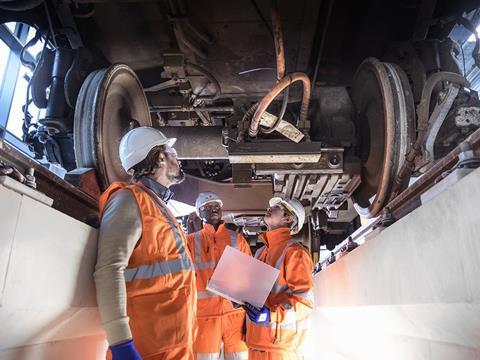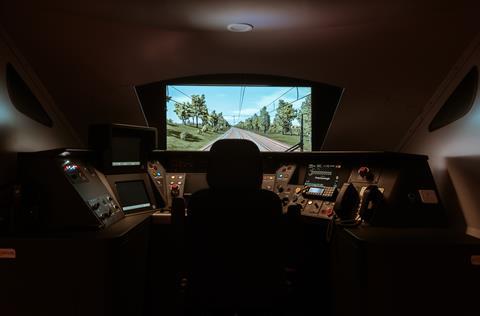
UK: The rail sector will need to recruit 34 000 additional staff by 2025 ‘to match the changing skills agenda’, according to HS1 Ltd Chief Executive Dyan Crowther, who is also the current Chair of the National Skills Academy for Rail.

Speaking to Rail Business UK at the opening of the Railway Industry Association’s new offices on September 2, Crowther reiterated the importance of both diversity and skills to the rail sector. Digitalisation and productivity demands were changing the mix of skills required, but ‘at the moment the industry isn’t getting it’, she warned.
At present only 16% of rail sector employees are female, Crowther explained, while around 12·5% come from a non-white background. While this was better than the situation 35 year ago, she believed that there was ‘much more to do’.

Compounding the shortfall, she said there had been an 8% loss of railway employees as a result of Brexit, with many EU nationals leaving the country. Noting that the average age of rail staff was now 43, and generous provisions allowed relatively early retirement, she believed that ‘we will have a big issue in the next 10 years’.
‘In some sectors, we already have a problem today’, Crowther pointed out. In fields such as digitalisation, IT, telecommunications and systems engineering, there were ‘nine vacancies for every candidate’. And this was despite efforts by NSAR and initiatives such as the HS2 apprenticeship scheme aimed at trying to encourage more young people to consider a career in the rail sector.

Asked about the apparent contradiction between the recently-launched cross-industry voluntary severance scheme and NSAR’s concerns about staff shortages, Crowther suggested that moving to a more integrated railway as part of the Williams-Shapps Plan would enable industry leaders to take a more holistic perspective in future.
‘Reform is a fabulous opportunity for rail to address the skills gap’, she suggested, emphasising the need to improve productivity and to develop new skills around digitalisation and greater customer focus. Up to 40% of existing staff would potentially require some form of training as the nature of their work evolved, she anticipated. ‘We need to make some practical changes to drive productivity. And we need to be ready for the levels of business that we carried before. It’s time to wake up and smell the coffee.’



